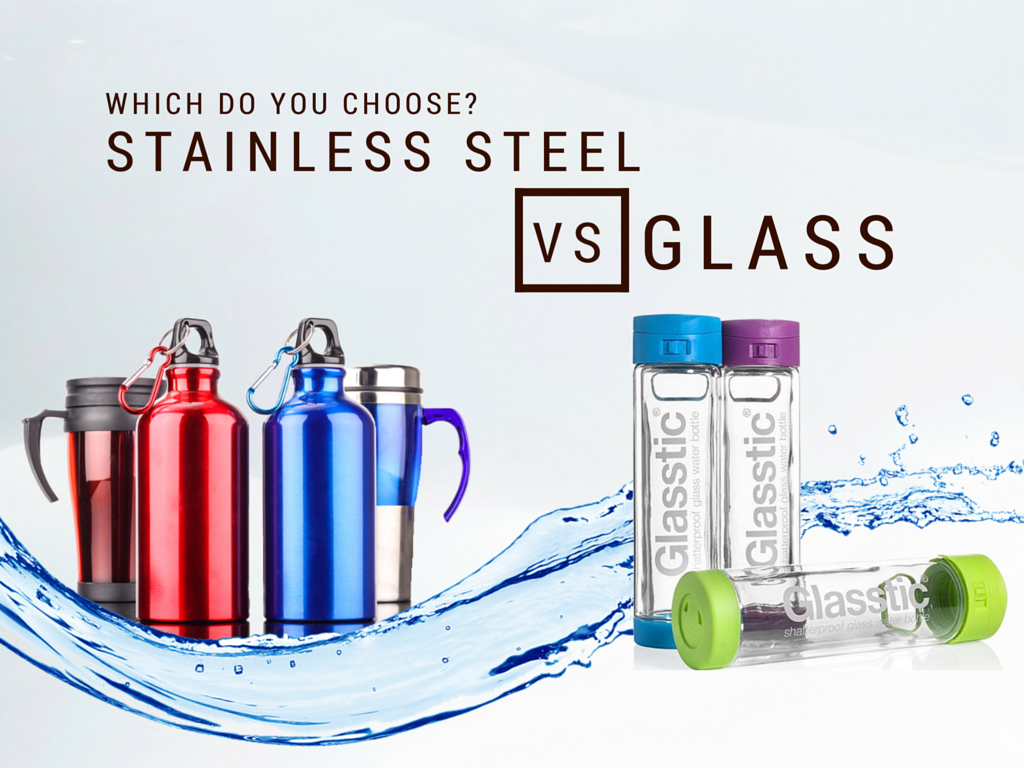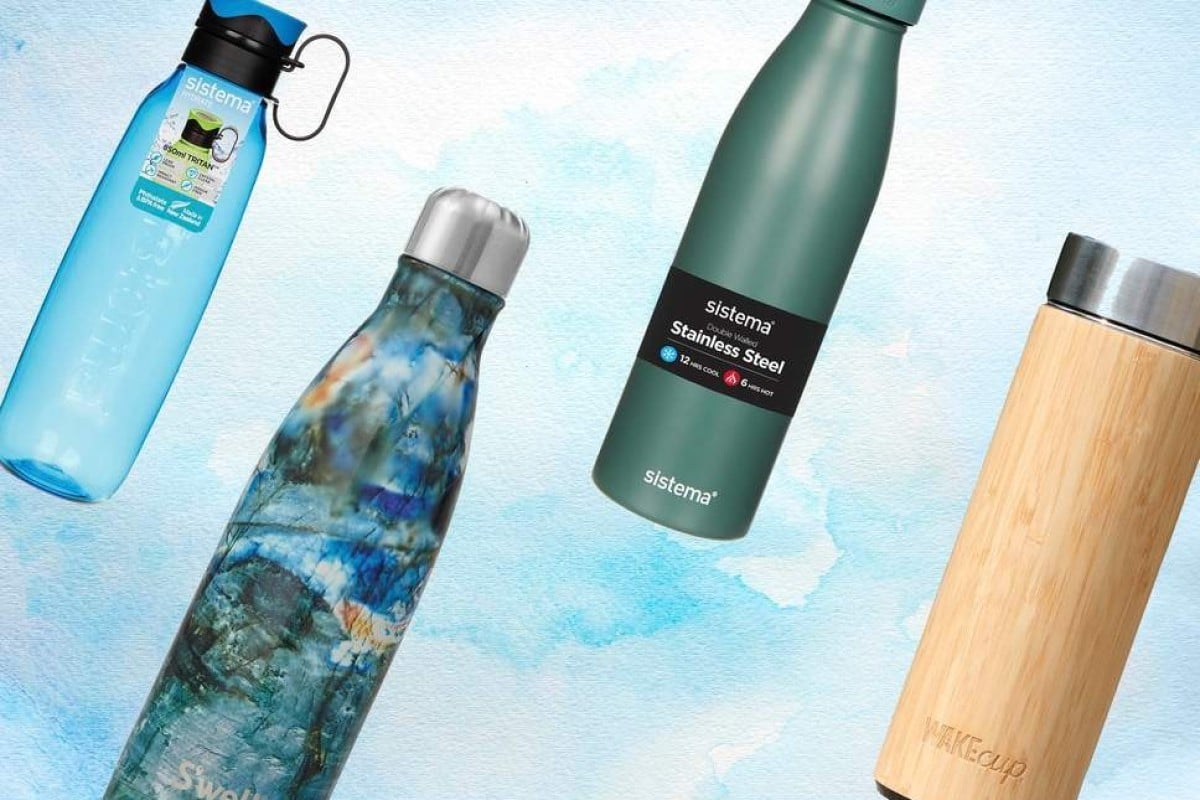Your Choice: Plastic, Glass, Metal
"Glass would be the best [safety-wise], if it wouldn't break."
"Most plastic bottles today are not using BPA. The problem is they've replaced BPA with other things, so we don't know about these other things that they've replaced them with."
"Metal obviates any concerns we have, rightfully or wrongfully, about plastic."
"All of these products, with the exception of BPA, carry minimal risk. My bottom line is: I think it's great to see consumers drinking water as opposed to drinking soft drinks."
John Swartzberg, clinical professor University of California at Berkeley School of Public Health
"It's a combination of the abrasive and the temperature, and those two things are going to enhance leaching [in plastic bottles]. All plastics that are going to be reused need to be washed by hand. As a rule I wouldn't put plastics in the microwave or dishwasher, period."
"Generally, I feel more comfortable with glass than plastic, but I think stainless steel has a lot to offer in terms of not having things leach into the water."
"From a scientific point of view, it's hard to say something is safe because not everything can be studied, but I think it's useful to say it's safer to use glass or metal."
R.Thomas Zoeller, endocrinologist, professor, University of Massachusetts, Amherst
 |
| BPA-free plastic water bottles |
Most newly available reusable water bottles are produced from three basic materials, either plastic, metal or glass. MarketWatch valued the reusable water bottle industry in May 2019 with a value of $374 million by 2025, up from its current market value of $239 million. Single-use bottles are increasingly being banned in a world trying to reduce the manufacture and use of single-use plastics.
Glass, produced of natural materials ensures no risk of inorganic chemicals leaching into liquids, heated or cooled. And nor does glass transfer flavour, while users of plastic or metal bottles often complain that water contained in them tastes from chemicals or tin. On the negative end of the scale, glass tends to be heavier than either metal or plastic, and then there's the issue of breakage, although heat-resistant and shatterproof options are available.
No.1 or PET plastic is most often used to produce single-use water bottles, and their reuse is inadvisable since repeated use may break down the material, allowing bacteria to build in cracks, while washing them in hot water can have the effect of chemical leaching. As for reusable plastic bottles, advertised free of the chemical bisphenol A -- in common plastics use until studies linked it to hormonal disruptions in humans although the Food and Drug Administration assures that
BPA is safe at low levels -- the concern is the unknown replacement of BPA.
Even if a plastic water bottle is labelled BPA-free, Dr. Zoeller recommends hand washing over using a dishwasher, since the heat and the abrasive quality of detergent, acting as an cleansing agent can score the plastic. Bisphenol S, a compound frequently utilized in place of BPA, has not been studied for its possible effect on humans, although some animal studies have indicated the compound could be disruptive.
 |
| Glasstic, shatterproof glass water bottles |
The industry, according to a spokesperson for the Plastics Industry Association, follows FDA regulations with respect to plastics safety. Consumers with concerns over washing plastics should read the labels and symbols on the products to ensure safe use, it was suggested. As for metal water bottles, stainless steel or aluminum are used in their manufacture, and the slight risk of transfer of aluminum into the liquid exists, but likely no greater risk presents than with the use of stainless steel or aluminum cookware, Dr.Swartzberg pointed out.
One caveat; that making certain whatever metal bottle is being chosen, it isn't lined with plastic, epoxy or resin, used by some manufacturers to mask a taste akin to tin, reflecting the fact that these materials might contain harmful chemicals. "It's really the reuse over single-use that matters", Sara Wingstrand, a former material scientist observed, while stating her belief that from a sustainability standpoint no one material is preferable to another.
Nicholas Mallos, director of Ocean Conservancy's Trash Free Seas program suggests "Your best bet is to pick a material that you know you will hold on to longest and use the most." But Dr. Zoeller is firm in his personal, professional opinion that plastic would be best avoided.
 |
| Which reusable bottle is better for you: glass, metal or plastic? |
Labels: Consumer Choices, Environment, Health, Safety

0 Comments:
Post a Comment
<< Home